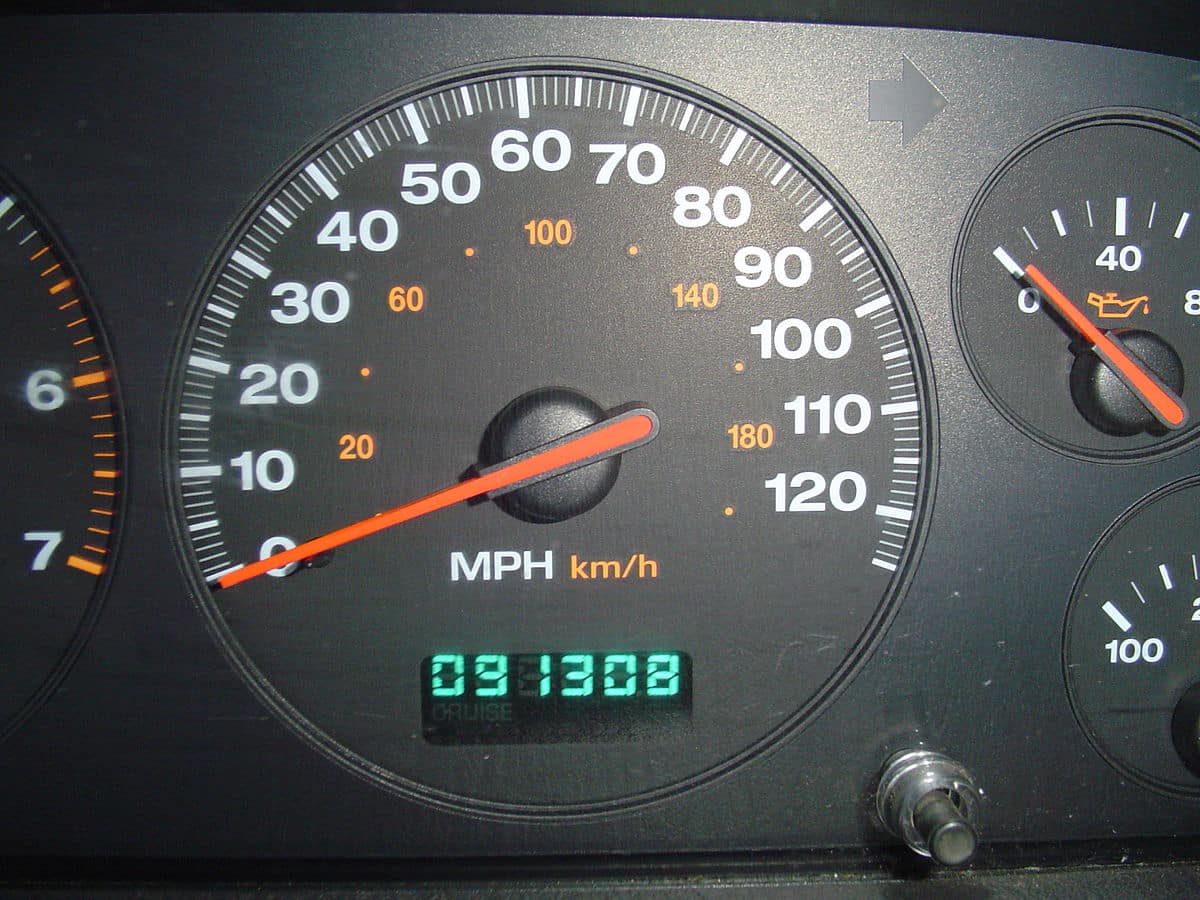
Unveiling Mileage Fraud: Safeguarding Your Used Car Purchase
Mileage inconsistency is real. Sometimes it can be a fraud or a slight inaccuracy which is just normal. Therefore, how do we determine whether the indicated mileage is genuine? According to the current statistics, a significant number of cars found on the roads have unpleasant histories. Mileage rollback is the commonest fraud in the car selling process.
Fortunately, the buyers have a system that can help in the identification of mileage fraud. The easiest way of detecting millage fraud is by evaluating the vehicle’s history for cases of mileage inconsistencies. Documentation and inspection reports also help.
Odometer deceit might be a daunting task to detect, especially for untrained people. However, that is not an impossible task. As in some instances, it can be a usual occurrence, but when should you get worried about mileage inconsistencies? What does that mean to you as a buyer? A vehicle with mileage rollback probably has a history of damage, and many things are left unexposed.
The hidden factors are the risks through which, with time it will affect the residual value of your car, its functionality, price, durability, and road safety. Therefore, every second-hand vehicle buyer should know how to tackle vehicle frauds, especially on mileage, to ensure safe and long-term satisfaction from any purchase.
Mileages inconsistency is on the rise because of the following reasons
- The digital odometer is easily manipulated. One doesn’t even need to be an expert to do it, and the essential tools are cheap and easily accessible in the market.
- Few people have the experience of gauging the mileage value based on the vehicles’ wear and tear.
How Do You Detect Mileage Inconsistency?

The first method you can use to detect the rollback of the odometer is comparing the odometer mileage on display with mileage number on vehicle inspection and maintenance records. If there is a complicated mismatch, ask the seller all the crucial questions about why they have such. Most of the time, the immediate odometer mileage will be higher than what the inspection records. Inspections and reparations typically pick the mileage number of every vehicle. Don’t allow any lame excuse if the seller has no report given after the car inspection. That will also indicate that the vehicle is under neglect and its maintenance is an issue.
Inconsistent mileage in some scenarios can be due to wear and tear affecting the vehicle. Gas, tires, and brakes affect the mileage numbers projected on the odometer. Most of the cars with less than 20,000 mileage still operate with the original tires. A sticker kept inside the vehicle gives a clear insight on the exact date and places oil changes happened at a given mileage.
The car’s interior is also important in the detection of mileage fraud. Examine usage of the wheel, is there any wear? Do the pedals and gear lever match with the mileage number? The interior elements of a vehicle cannot appear so old, yet the mileage readings show the new car that has not operated so long on the roads.
Sometimes
The traditional odometers can be challenging to read. In that case, you can only check whether the mileage numbers are fully readable and have correct alignment. Crooked numbers with gaps often indicated the presence of odometer fraud.
Before buying any used vehicle, know the number of owners that used the car earlier. Research the amount of mileage each has covered, then compare it with what the odometer indicates. Previous owners might have indicated the presence of mileage fraud. Hence, the seller should highlight that and give a clear answer on why such had to happen.
It’s generally recommended that you choose a trustworthy mechanic to help you in vehicle inspection before you choose to buy it. Sometimes, replacement of odometer parts happens, and the fitting is standard without any signs of mileage rollback. Therefore, that means you need a professional intervention with a third eye to capture the minor details that you can’t pick in person.
Why Should You Be Worried About Mileage Inconsistency?
Many automotive sellers worldwide understand that mileage is an essential factor that influences the value of a vehicle. Age and the general condition of the car generally matter. However, with lower the mileage, the higher the price. Therefore, mileage fraud has come to make the car buyer overpay for a machine that is far from the expected range.
You should be worried about mileage inconsistency because that might indicate odometer fraud, which requires you to pay a lot of money for a car that doesn’t match the conditions and the given price. You will buy an expensive car, and within days you will be visiting the garage to fix one issue after another.
There is more on mileage inconsistency beyond digging dip into your pockets. When the odometer readings are tampered with, some parts of the vehicle are also affected. Mileage inconsistency can be a warning for other problems that are anticipated to come. That includes malfunctioning of different parts of the vehicle, for example, the engine. You might not know the exact area displaying the error instantly, but you will realize that you were making more significant trouble for yourself after buying it.
Odometer fraud poses serious safety risks to automotive owners. In simpler terms, mileage fraud is risky behavior. Road safety is paramount, and if the car has inconsistent mileage, you need to ask yourself many questions. Has the car received the appropriate inspection? How regular is the maintenance of this vehicle done? Would you mind not giving a chance to the things that you know have a potential for serious harm?

Conclusion
First, you need to understand how you can detect a tampered odometer. Alternatively, there is another way of doing it: always buy your vehicle from a dealer instead of the private car markets. Dealers cannot afford to ruin their reputation by manipulating the odometers. Therefore, everything you need from them is offered, and they will always ensure that you have the correct mileage readings.
